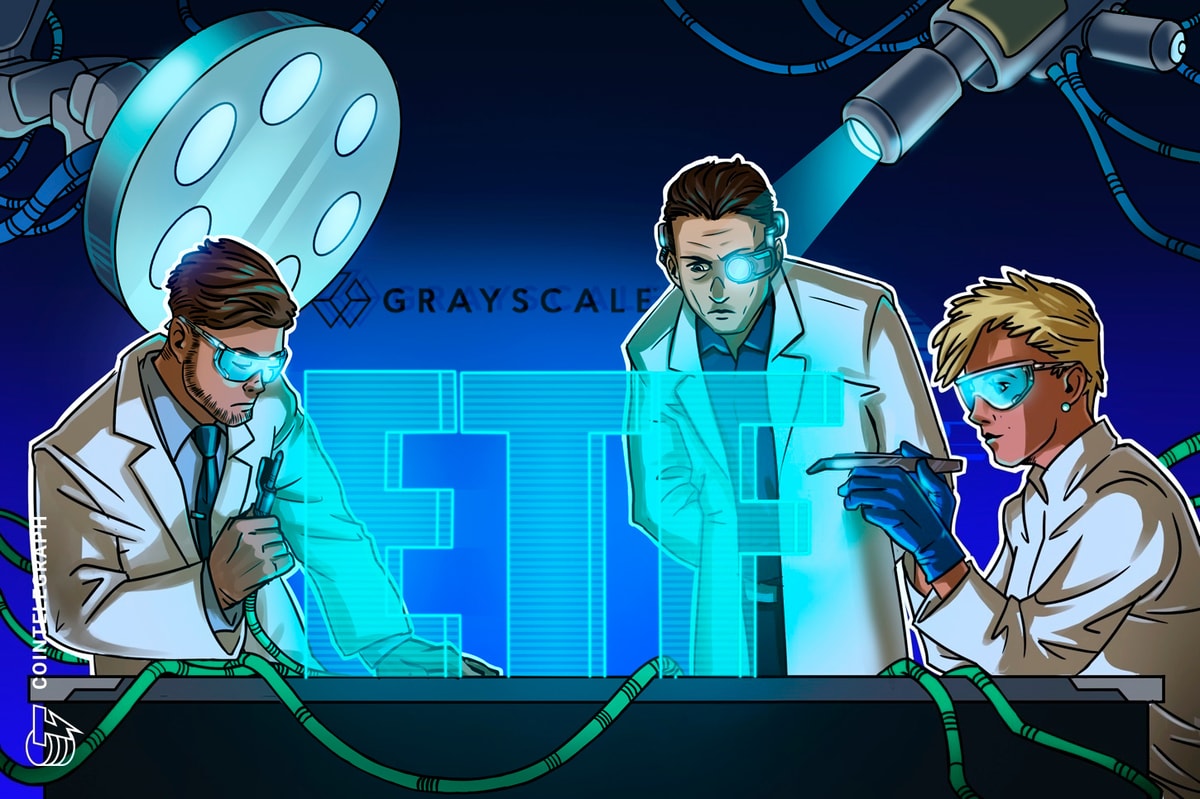The Istituto per le Opere di Religione (IOR), commonly known as the Vatican Bank, has denied any connection to a fake cryptocurrency project claiming ties to it.
The fake token, dubbed Vatican Chamber Token (VCT), was promoted on an online phishing scam website claiming to offer a “formal invitation to join one of the world’s most exclusive economic institutions.” The promoters said on the website that the “Vatican Chamber of Trade” is accepting new applicants “for the first time in a generation.”
The website goes as far as to include the real number of the Vatican Bank on its website. A representative of the Vatican Bank confirmed during a call with Cointelegraph that the project “is a scam,” and denied any affiliation with it.
Cointelegraph found no such institution exists in the Vatican called the “Vatican Chamber of Trade.” Adding to the sophistication of the scam, a link was recently added to the Vatican Bank’s Wikipedia page, claiming the organization was created in 1950.
However, the link is highlighted in red, indicating that it lacks a source and is likely vandalism. The edit history shows that the mention was added as part of the second edit of the page that took place on June 11.
Vatican Chamber of Trade scam token exposed
The project’s website promised that accepted members would gain access — among other things — to private investor introductions and custodial holding, as well as “recognition and credibility.” Furthermore, members would also gain access to a presale of the fake VCT tokens, priority access to tokenized asset offerings and exclusive events.
Related: Blockchain is the best fintech to ensure Sharia ethics — Web3 exec
Eligibility criteria raise red flags
The website lists strict eligibility criteria, with potential members being required to “operate a formally registered company or project in compliance with local and international laws.” Traditional businesses require a minimum annual revenue of 100,000 euros ($117,000), while crypto projects need at least 300,000 euros ($350,000) in total value locked or a verified 500,000 euros ($584,000) in a twelve-month cumulative trading volume.
Prospective members are also expected to be ethically aligned with the organization’s core values, cited as transparency, stewardship, financial inclusion and sustainability.
Related: Crypto scammer gets 12 years after reneging on $3.4M debt deal
The promoters claim the VCT token will allow investors to participate in the economic growth of the Vatican Chamber of Trade and is backed by a diverse portfolio of tokenized assets and real-world initiatives.
The token’s promised total supply is 10 million, with each priced at 25 euros ($29). The token’s circulating supply is 7 million, with 3 million — nearly a third of the supply — being allocated to the reserve fund to finance “future development and operational stability.”
The “buy token” button redirects the user to a Coinbase wallet page. Still, the redirect comes from vaticantrade.cb.id, suggesting the website originally led to a now-deleted page on the Coinbase-controlled domain cb.id.
Coinbase lets any user claim a “username.cb.id” sub-domain for free without Know Your Customer checks thanks to an Ethereum Name Service (ENS) integration. Coinbase had not responded to Cointelegraph’s request for comment by publication.
The incident follows several high-profile fraud cases in the crypto space. In January, Washington pastor Francier Obando Pinillo was charged with 26 counts of fraud for allegedly stealing from more than 1,500 investors. The Solano Fi scheme — which he reportedly claimed came to him in a dream — could cost him up to 20 years in prison.
Magazine: Crypto scam hub expose stunt goes viral, Kakao detects 70K scam apps: Asia Express




Leave a Comment